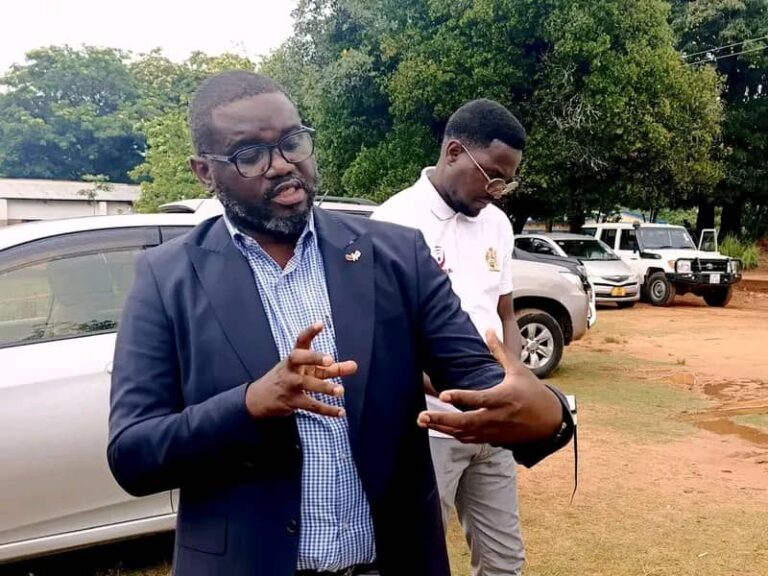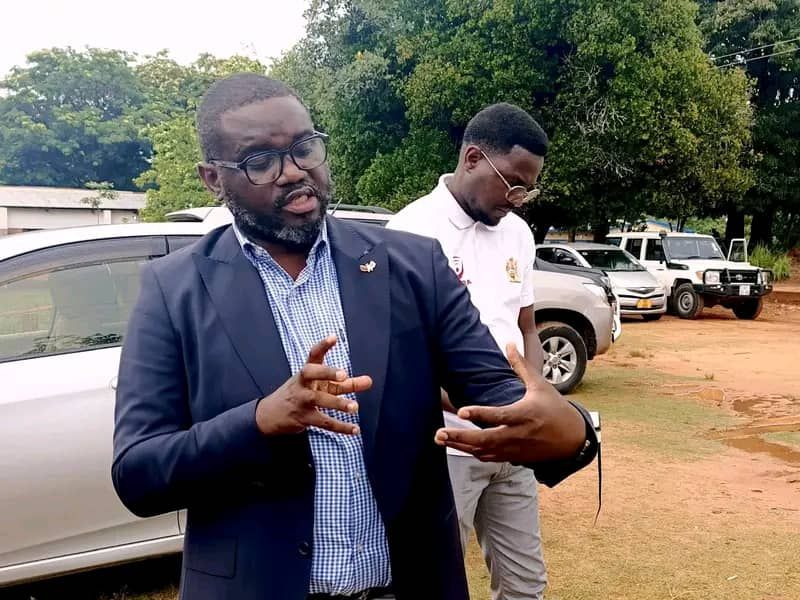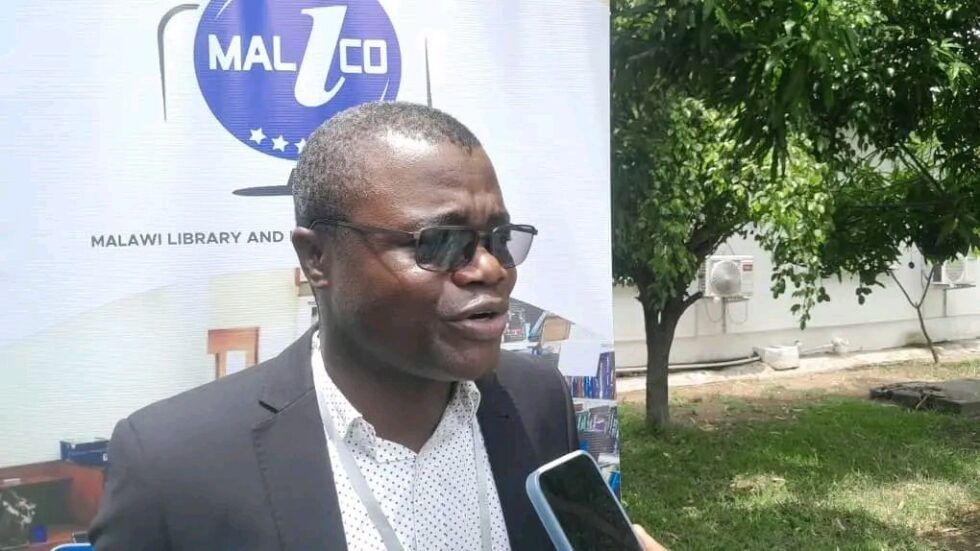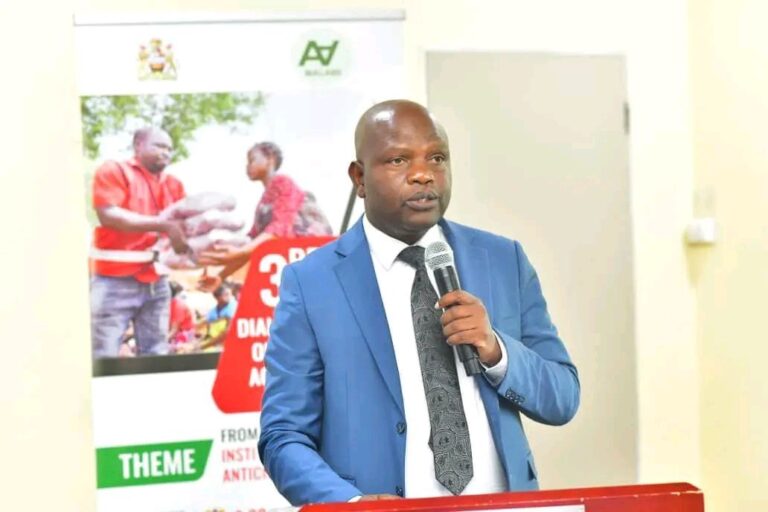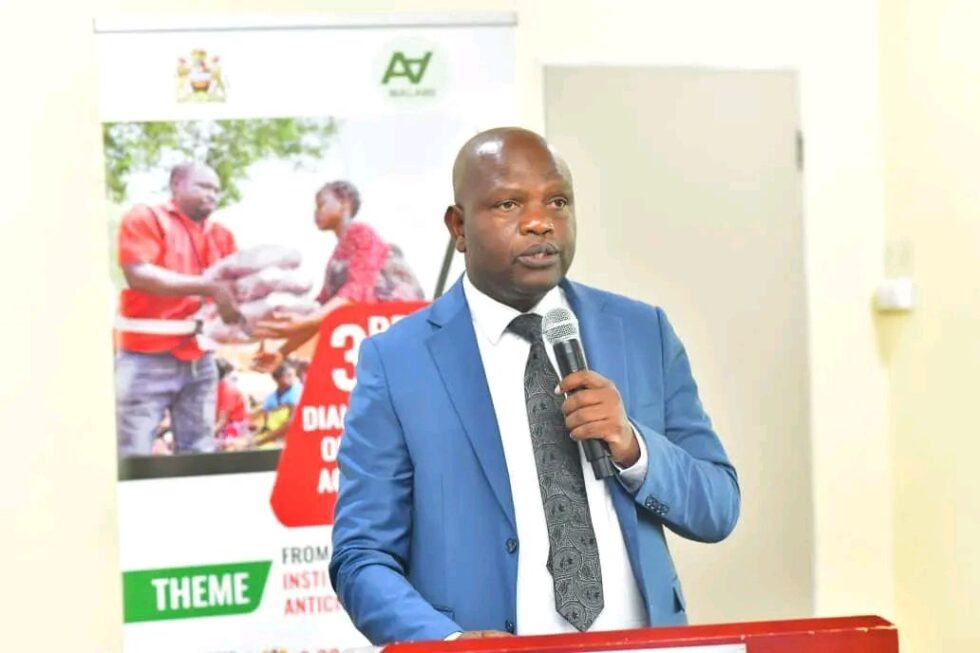By Burnett Munthali
A tragic incident occurred in Lilongwe as community members attacked individuals accused of damaging property belonging to the Electricity Supply Corporation of Malawi (ESCOM).
The violent confrontation left one person dead and another critically injured following the unrest near Mbalame Primary School, close to the Nathenje main market.
According to Lilongwe police spokesperson, Inspector Hastings Chigalu, the incident took place on the night of December 11, 2025.

Residents reported seeing men attempting to remove an ESCOM transformer from its installation site, which quickly drew attention and anger from the local community.
Inspector Chigalu explained that the crowd managed to apprehend two of the suspects, while others managed to escape the scene.
The angry community members began physically assaulting the two men, leading to severe injuries.
One of the victims, later identified as 35-year-old Amon Maliko from Kadambe Village, under Chief Chadza, succumbed to his injuries after being rushed to the small Maluwa hospital.
The other individual, 21-year-old Million Gideon from Chazwe Village, under Chief Mazengera, remained in police custody and is awaiting prosecution for property destruction.
Inspector Chigalu emphasized that the police are investigating the incident and warned that vigilante justice cannot replace lawful accountability.
The incident highlights tensions in local communities when essential infrastructure is tampered with and underscores the need for public awareness on the consequences of damaging national utility property.


